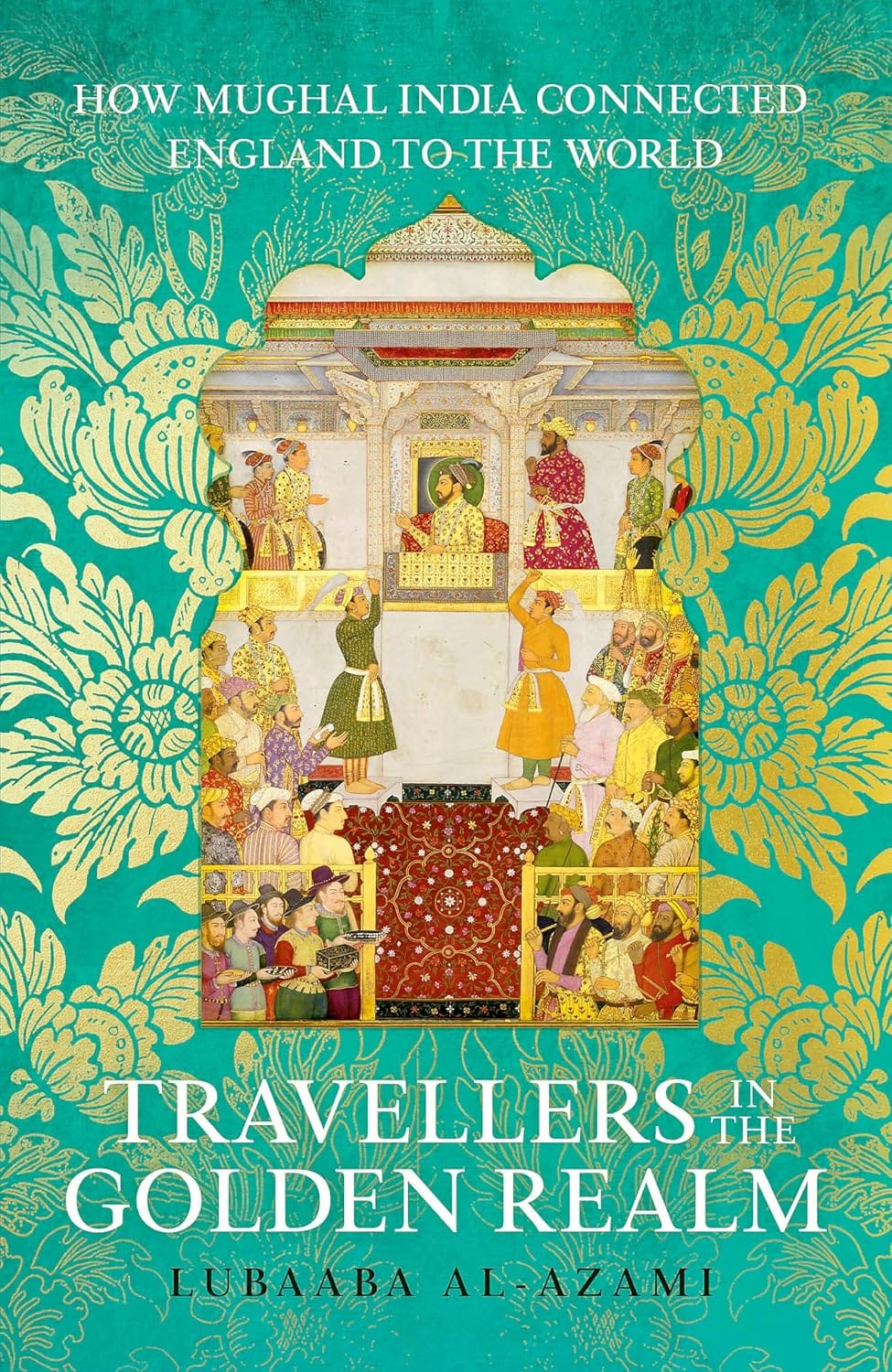A compelling, highly readable account of the earliest phase of English presence in India’ NANDINI DAS, author of Courting India
When the first English travellers in India encountered an unimaginable superpower, their meetings would change the world.
Before the East India Company and before the British Empire, England was a pariah state. Seeking better fortunes, 16th and 17th century merchants, pilgrims and outcasts ventured to the kingdom of the mighty Mughals, attempting to sell coarse woollen broadcloth along the silk roads; playing courtiers in the Mughal palaces in pursuit of love; or simply touring the sub-continent in search of an elephant to ride.
Into this golden realm went Father Thomas Stephens, a Catholic fleeing his home; the merchant Ralph Fitch looking for jewels in the markets of Delhi; and John Mildenhall, an adventurer revelling in the highwire politics of the Mughal elite. It was a land ruled from the palatial towers by women – the formidable Empress Nur Jahan Begim, the enterprising Queen Mother Maryam al-Zamani, and the intrepid Princess Jahanara Begim. Their collision of worlds helped connect East and West, launching a tempestuous period of globalisation spanning from the Chinese opium trade to the slave trade in the Americas.
Drawing on rich, original sources, Lubaaba Al-Azami traces the origins of a relationship between two nations – one outsider and one superpower – whose cultures remain inextricably linked to this day.






 No products in the cart.
No products in the cart.







